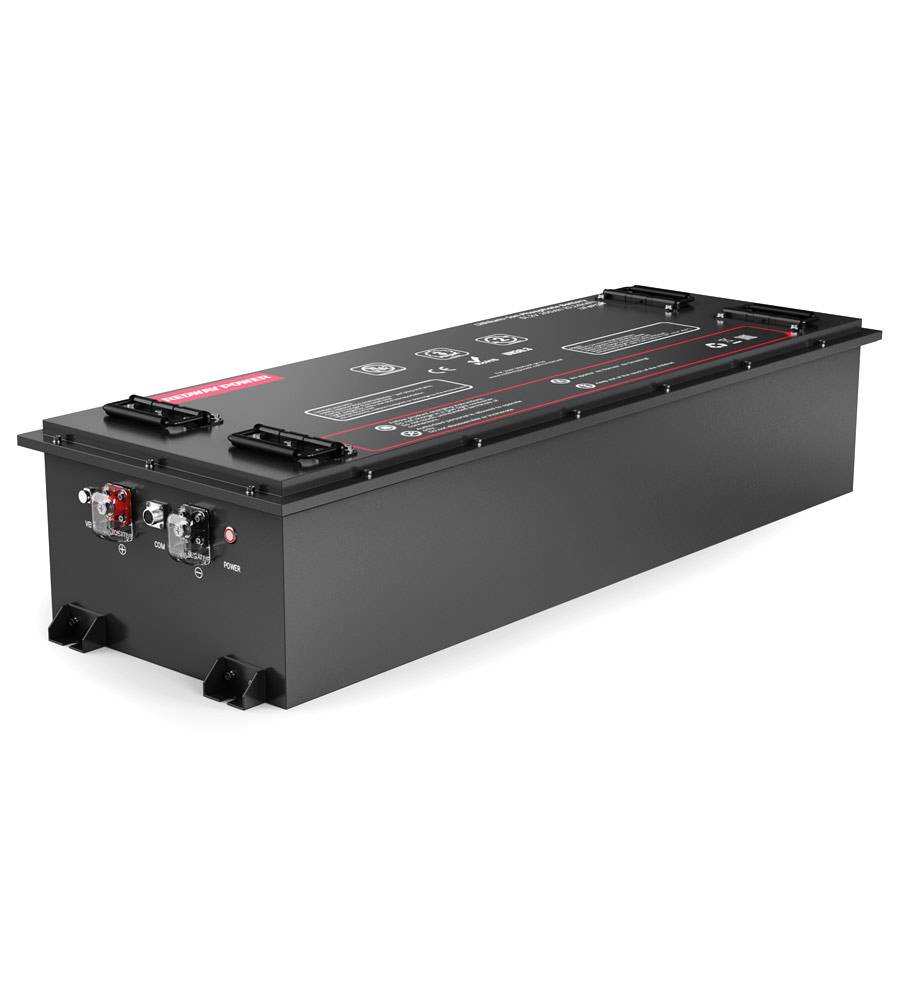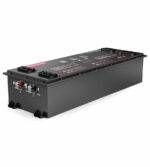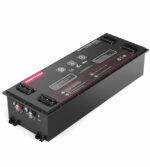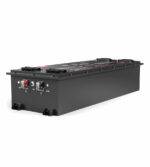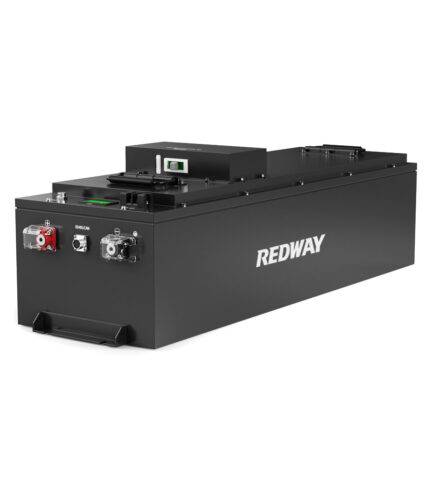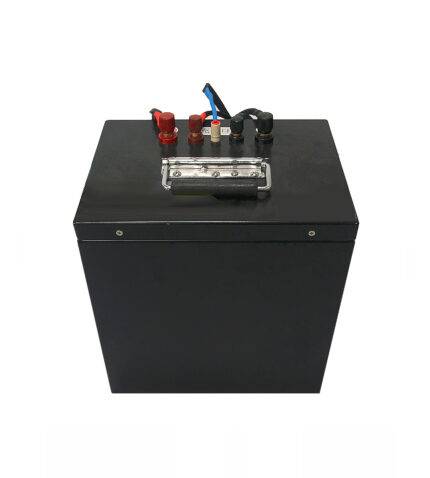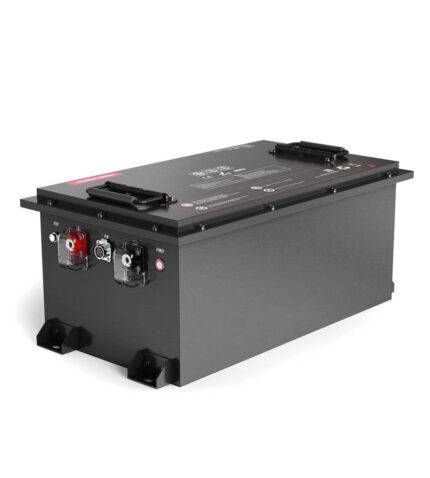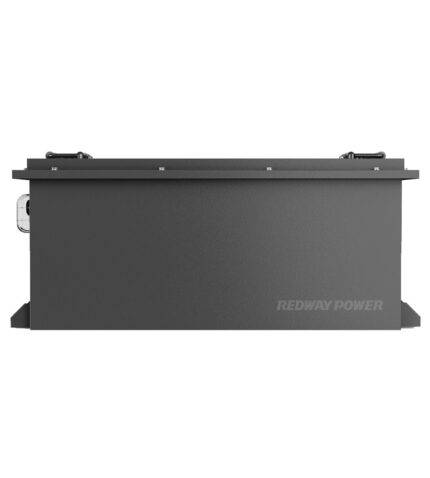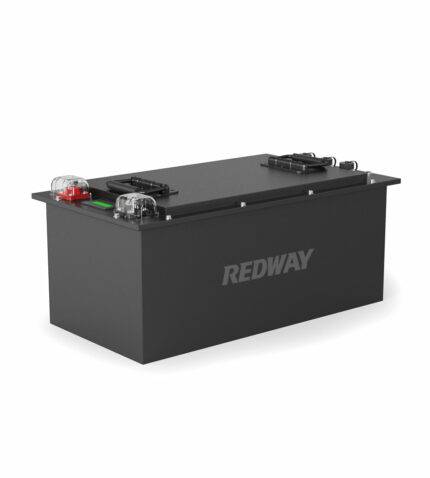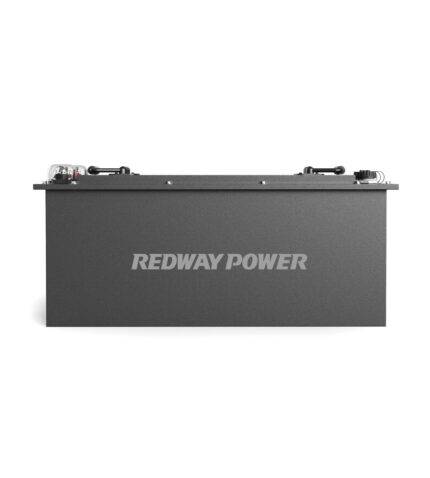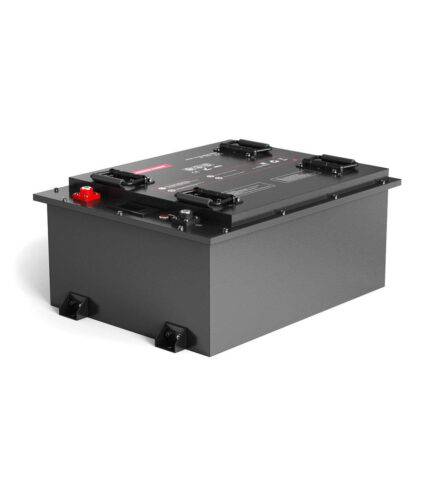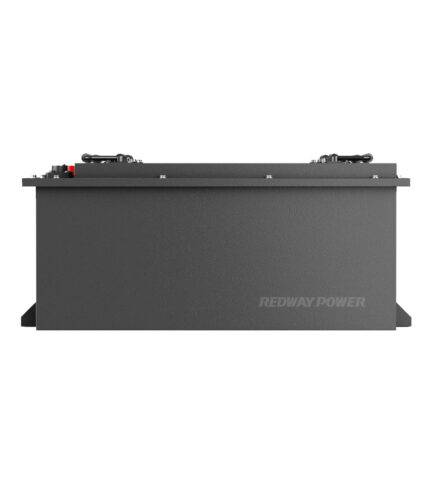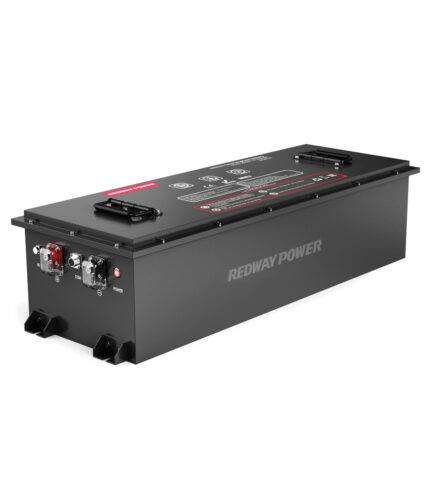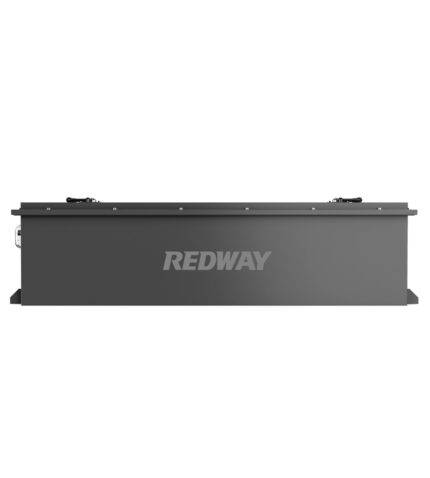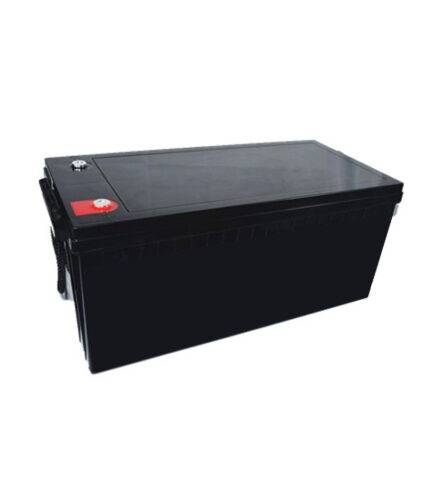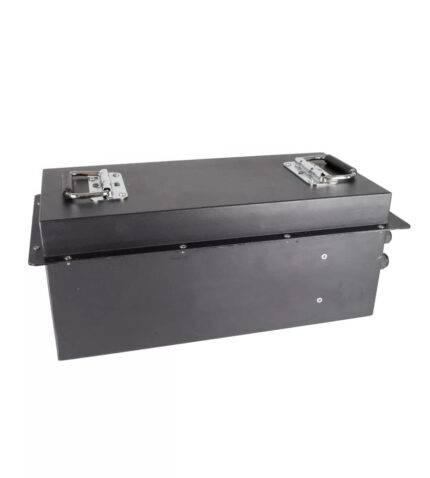- Forklift Lithium Battery
-
48V
- 48V 210Ah
- 48V 300Ah
- 48V 420Ah (949 x 349 x 569 mm)
- 48V 420Ah (950 x 421 x 450 mm)
- 48V 456Ah
- 48V 460Ah (830 x 630 x 590 mm)
- 48V 460Ah (950 x 421 x 450 mm)
- 48V 460Ah (800 x 630 x 600 mm)
- 48V 460Ah (820 x 660 x 470 mm)
- 48V 500Ah
- 48V 560Ah (810 x 630 x 600 mm)
- 48V 560Ah (950 x 592 x 450 mm)
- 48V 600Ah
- 48V 630Ah
-
48V
- Lithium Golf Cart Battery
- 12V Lithium Battery
12V 150Ah Lithium RV Battery
Bluetooth App | BCI Group 31
LiFePO4 Lithium
Discharge Temperature -20°C ~ 65°C
Fast Charger 14.6V 50A
Solar MPPT Charging - 24V Lithium Battery
- 36V Lithium Battery
- 48V Lithium Battery
-
48V LiFePO4 Battery
- 48V 50Ah
- 48V 50Ah (for Golf Carts)
- 48V 60Ah (8D)
- 48V 100Ah (8D)
- 48V 100Ah
- 48V 100Ah (Discharge 100A for Golf Carts)
- 48V 100Ah (Discharge 150A for Golf Carts)
- 48V 100Ah (Discharge 200A for Golf Carts)
- 48V 150Ah (for Golf Carts)
- 48V 160Ah (Discharge 100A for Golf Carts)
- 48V 160Ah (Discharge 160A for Golf Carts)
-
48V LiFePO4 Battery
- 60V Lithium Battery
-
60V LiFePO4 Battery
- 60V 20Ah
- 60V 30Ah
- 60V 50Ah
- 60V 50Ah (Small Size / Side Terminal)
- 60V 100Ah (for Electric Motocycle, Electric Scooter, LSV, AGV)
- 60V 100Ah (for Forklift, AGV, Electric Scooter, Sweeper)
- 60V 150Ah (E-Motocycle / E-Scooter / E-Tricycle / Tour LSV)
- 60V 200Ah (for Forklift, AGV, Electric Scooter, Sweeper)
-
60V LiFePO4 Battery
- 72V~96V Lithium Battery
- Rack-mounted Lithium Battery
- E-Bike Battery
- All-in-One Home-ESS
- Wall-mount Battery ESS
-
Home-ESS Lithium Battery PowerWall
- 24V 100Ah 2.4kWh PW24100-S PowerWall
- 48V 50Ah 2.4kWh PW4850-S PowerWall
- 48V 50Ah 2.56kWh PW5150-S PowerWall
- 48V 100Ah 5.12kWh PW51100-F PowerWall (IP65)
- 48V 100Ah 5.12kWh PW51100-S PowerWall
- 48V 100Ah 5.12kWh PW51100-H PowerWall
- 48V 200Ah 10kWh PW51200-H PowerWall
- 48V 300Ah 15kWh PW51300-H PowerWall
PowerWall 51.2V 100Ah LiFePO4 Lithium Battery
Highly popular in Asia and Eastern Europe.
CE Certification | Home-ESS -
Home-ESS Lithium Battery PowerWall
- Portable Power Stations
72V 200Ah Golf Cart Lithium Battery
• Applications: Golf Cart / Tour LSV / Club Car / Electric Tricycle / Electric Trike / Electric Drive / Electric Scooter / Electric Cabin Scooter / Electric Motocycle


![]()


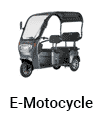


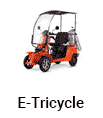
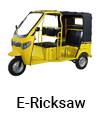



![]()
![]()
• Cell: LiFePO4
• MOQ: 10
• Delivery: 20 Days
• Customizable / OEM / ODM: Yes
• Factory: Redway, Dongguan, Guangdong, China
• Delivery Terms: FOB, EXW, CIF
• Payment: T/T, L/C, PayPal
• Sea / Air / Land Shipment: 10FT, 20FT, 40FT, 60FT
Description
Transform your electric vehicle experience with the 72V 200Ah Golf Cart Lithium Battery from Redway Power. Designed specifically for golf carts, electric tricycles, and scooters, this high-capacity battery utilizes advanced lithium iron phosphate (LiFePO4) technology to deliver exceptional energy efficiency and performance. Ideal for OEM, ODM, and wholesale buyers looking for reliable power solutions.
Key Features:
- High Energy Capacity: With a nominal capacity of 200Ah and energy output of 15.36kWh, this battery ensures extended range and performance for various electric vehicles.
- Long Cycle Life: Designed to last over 6000 cycles at 80% depth of discharge (DOD), minimizing replacement costs and maximizing uptime.
- Robust Safety Features: Equipped with a smart Battery Management System (BMS) that provides comprehensive protection against overcharging, overheating, and short circuits.
- Versatile Temperature Range: Operates efficiently in temperatures from -20°C to 65°C, making it suitable for diverse climates and conditions.
- Customizable Options: Offers OEM/ODM customization for tailored specifications including self-heating, Bluetooth connectivity, GPS tracking, and more.
Product Description
The 72V 200Ah Golf Cart Lithium Battery is meticulously engineered to provide reliable power for a wide range of electric vehicles, including golf carts, tour LSVs, club cars, and electric scooters. Its dimensions of 1138 x 410 x 253 mm and weight of approximately 125 kg make it a compact yet powerful solution for demanding operational needs.
Utilizing high-quality LiFePO4 cells, this battery delivers consistent power output throughout its discharge cycle. The robust metal casing ensures durability while the advanced BMS continuously monitors critical parameters such as voltage, current, and temperature.
With a remarkable design life of 20 years and a warranty of 5 years, our lithium battery is built for long-term reliability. The IP67 rating guarantees that it is dust-tight and can withstand immersion in water, making it perfect for outdoor use.
Choose the 72V 200Ah Golf Cart Lithium Battery for an eco-friendly power solution that enhances your electric vehicle’s performance while minimizing long-term costs. Contact us today to learn how we can meet your specific requirements with our innovative battery technology!

Specifications
Download 72V 200Ah Golf Cart Lithium Battery Datasheet
Note: Our products are customizable, allowing customers to modify the main data according to their requirements.
| 72V 200Ah | Specifications |
|---|---|
| Lithium Cell Type | LiFePO4 (LFP) |
| Nominal Voltage | 76.8V |
| Nominal Capacity | 200Ah |
| Nominal Energy | 15.36kWh |
| Max Charge Voltage | 86.4V |
| Discharge Cut-off Voltage | 60V |
| Standard Charge Current | 40A (5 hours) |
| Max Charge Current | 200A (Continues) |
| Max Discharge Current | 200A (Continues) |
| Peak Discharge Current | 315A (30S) |
| Dimensions [L x W x H] | 1138 × 410 × 253 mm |
| Weight | 125 kg |
| IP Rating | IP67 |
| Cycle Life | >6000 cycles (DOD 80% 0.2C) |
| Self-discharge | 2% (Per month) |
| Charge Temperature | 0°C ~ 60°C |
| Discharge Temperature | -20°C ~ 65°C |
| Communication | RS485 / CAN-bus |
| Optional Upgrades | Self-heating / Bluetooth / APP / 4G / GPS / WiFi / LCD Display / RS232 / Anti-theft / Fans Cooling / Heatsink / Active Balance / Solar MPPT / etc. |
| BMS Protection | Smart BMS: Over current / Over charge / Over discharge / Overload / Over voltage / Low voltage / Overheat / Over temperature / Low temperature / Lithium Cells Automatic Balance / etc. |
| Design Life | 20 Years |
| Warranty | 5 Years |
| Battery Case | Metal |
| Silkscreen / Label / Laser Logo | Yes |
| User Manual | Yes |
| OEM / ODM / Customization | Yes |
| Certification | UL 1642 / IEC 62133 / CE / RoHS / UN38.3 / MSDS |
Applications and FAQs
What is the lifespan of a lithium battery?
The lifespan of a lithium battery typically ranges from 2 to 10 years, depending on factors such as usage patterns, temperature, and depth of discharge. High-quality lithium batteries can last up to 15-20 years with proper care and maintenance, including avoiding extreme temperatures and deep discharges.
How do you calculate how long a lithium battery will last?
To calculate how long a lithium battery will last, use the formula:
Runtime hours =Battery Capacity Ah / Load Current A
For example, a 100Ah battery powering a 20A load would last:
Runtime=10020=5 hours
What shortens the life of lithium batteries?
Factors that shorten the life of lithium batteries include excessive heat, overcharging, deep discharging below recommended levels, high discharge rates, and poor-quality chargers. Maintaining optimal charging practices and temperature control can significantly extend their lifespan.
Which type of lithium battery will last the longest?
Lithium Iron Phosphate (LiFePO4) batteries typically have the longest lifespan among lithium chemistries, often exceeding 3,000 cycles at full depth of discharge. They are known for their stability, safety, and longevity, making them ideal for applications requiring durability.
What is the range of a 72V battery?
The range of a 72V battery depends on its capacity and the efficiency of the connected system. For example, a 72V 35Ah battery has an energy capacity of approximately 2520 watt-hours (Wh). If consuming 1000W, it could provide about 2.5 hours of runtime or around 25 miles in an electric vehicle.
What is the difference between 48V and 72V?
The primary difference between 48V and 72V systems lies in their voltage output. A 72V system generally provides more power and efficiency, allowing for higher speeds in applications like electric vehicles. However, it may require more robust components to handle the increased voltage.
Is 72V safe?
Yes, a 72V system is generally safe when designed and maintained properly. However, it requires appropriate safety measures, such as using components rated for higher voltage and ensuring proper insulation and protection against short circuits to prevent accidents.
Which is better, lithium-ion or LiFePO4?
Lithium Iron Phosphate (LiFePO4) batteries are often considered better for applications requiring longevity and safety due to their thermal stability and longer cycle life compared to standard lithium-ion batteries. However, lithium-ion batteries typically offer higher energy density and lighter weight.
What happens if you charge a lithium battery with a normal charger?
Charging a lithium battery with a normal charger can lead to overcharging, which may cause overheating or damage. Lithium batteries require chargers specifically designed for their chemistry to manage voltage and current levels properly for safe operation.
Can I charge a lithium battery with a car alternator?
Yes, you can charge a lithium battery with a car alternator; however, it must be compatible with lithium technology. Using an appropriate DC-DC charger or voltage regulator is recommended to ensure proper charging voltage and prevent damage to the battery.
How many cells for 72V?
To create a 72V battery, you typically need 20 cells connected in series if each cell has a nominal voltage of 3.6V. This configuration allows the total voltage to reach approximately 72V when fully charged.
What is the best voltage for electric golf carts?
The best voltage for electric golf carts usually depends on their intended use; however, 48V systems are popular for standard golf carts due to their balance of power and efficiency. Higher voltages like 72V are used for performance-oriented carts requiring more speed.
How many Ah lithium batteries do I need for a golf cart?
For a golf cart, typically at least 100Ah to 200Ah of lithium battery capacity is recommended based on usage patterns and desired range. The specific number depends on factors like weight capacity and how far you intend to travel on a single charge.
What is the shelf life of a golf cart battery?
The shelf life of golf cart batteries varies by type: lead-acid batteries typically last about 3-5 years, while lithium batteries can have shelf lives up to 10-15 years if stored properly at moderate temperatures and charged periodically.
How much does it cost to convert a golf cart to lithium batteries?
Converting a golf cart to lithium batteries typically costs between $1,500 and $4,000, depending on the size of the battery pack needed and any additional components like chargers or Battery Management Systems (BMS) required for compatibility.
What are the disadvantages of lithium golf cart batteries?
Disadvantages of lithium golf cart batteries include higher initial costs compared to lead-acid options, sensitivity to extreme temperatures, and requirements for specialized chargers. They may also require Battery Management Systems (BMS) for safe operation.
Can you jump a car with a 48 volt golf cart?
Jumping a car with a 48-volt golf cart is not recommended due to significant differences in voltage systems. Doing so could damage electrical components in both vehicles. It's safer to use another vehicle with similar voltage levels for jump-starting.
Can I use 3 12 volt deep cycle batteries for a golf cart?
Yes, you can use three 12-volt deep cycle batteries connected in series to create a 36-volt system suitable for some golf carts. Ensure that all batteries are compatible in terms of type and capacity for optimal performance.
What is considered fast for a golf cart?
A speed of around 20-25 mph is considered fast for most standard electric golf carts. Performance-oriented models may reach speeds up to 30 mph or more, depending on motor power and battery configuration.














